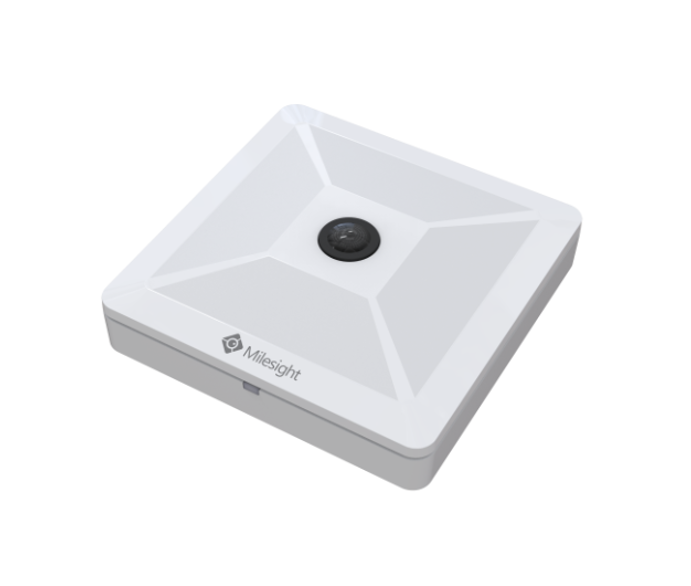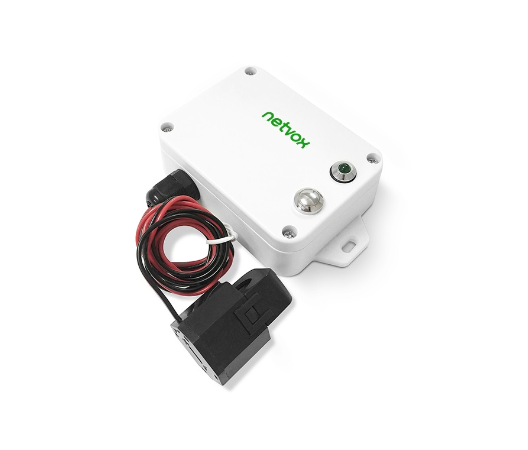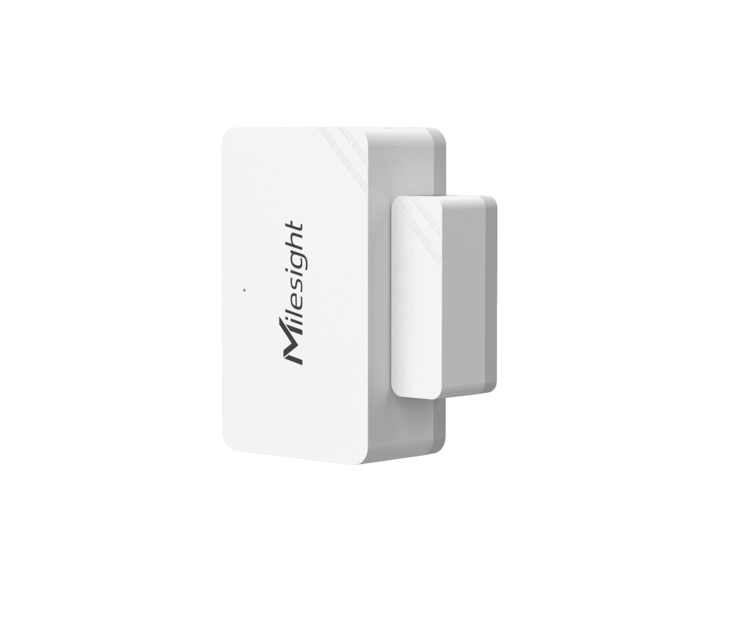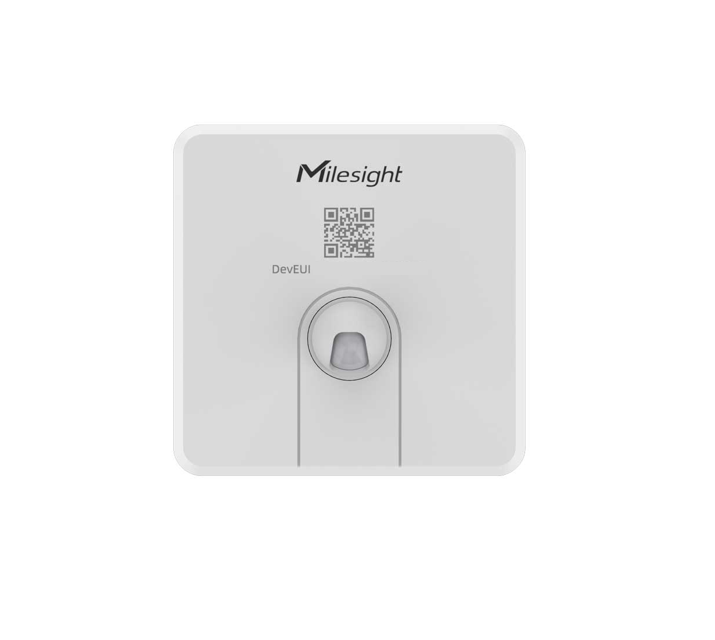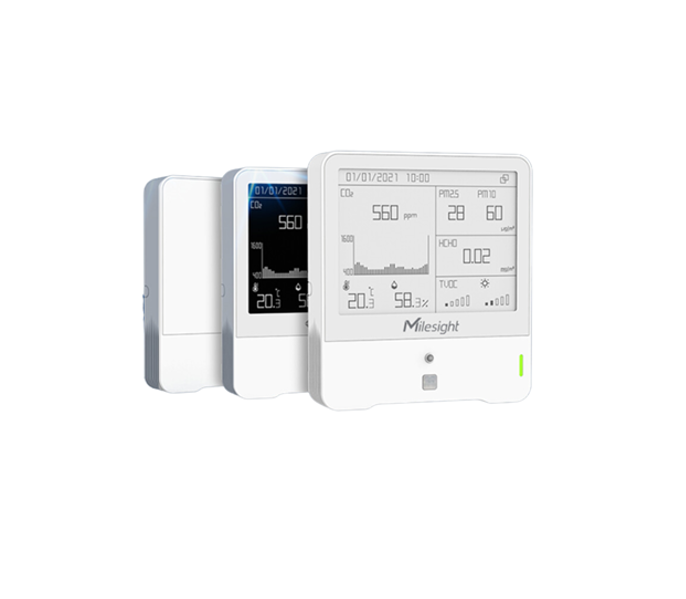IoT in the Vehicle Sector
Internet of Things (IoT) has made a significant impact on the automotive industry, transforming vehicles into connected platforms. IoT technology in vehicles enables communication between various components, sensors, and systems, providing improved safety, convenience, and efficiency.
Here are some notable applications of IoT in vehicles:
Benefits of IoT in the Vehicle Sector:
Connected Car Services
IoT enables connectivity between vehicles and the internet, allowing for a wide range of services. These include real-time traffic information, weather updates, remote vehicle diagnostics, over-the-air software updates, and access to entertainment and media streaming platforms.
Vehicle Tracking and Fleet Management
IoT-based tracking systems enable real-time monitoring of vehicle locations, routes, and performance. This helps in optimising fleet operations, improving fuel efficiency, managing driver behaviour, and enhancing overall logistics and supply chain management.
Intelligent Transportation Systems (ITS)
IoT enables the integration of vehicles, infrastructure, and communication networks to create smarter transportation systems. This includes traffic management, smart parking solutions, adaptive traffic signals, and cooperative systems that enhance road safety and reduce congestion.
Safety and Emergency Services
IoT sensors and connectivity enable features such as automatic crash notification, emergency assistance, and remote vehicle disabling in case of theft. Additionally, IoT-based driver assistance systems provide features like lane departure warnings, blind spot detection, and collision avoidance systems.
Vehicle Maintenance and Predictive Analytics
IoT sensors collect real-time data on various vehicle parameters, such as engine performance, tire pressure, fuel consumption, and battery health. This data can be analysed to provide predictive maintenance alerts, optimising vehicle maintenance schedules and reducing downtime.
Infotainment and Personalization
IoT connectivity in vehicles allows for personalised in-car experiences. Passengers can access their music libraries, use voice commands to control infotainment systems, and connect their smartphones to the vehicle’s interfaces for hands-free calling and messaging.
Insurance Telematics
IoT technology enables usage-based insurance models, where insurance premiums are determined based on individual driving behaviour. Telematics devices installed in vehicles collect data on driving patterns, such as speed, acceleration, and braking, providing insurers with insights to offer personalized insurance plans.

3 reasons why to choose Owasys for your vehicle:
- Owasys has been operating in the IoT industry for over 20 years, focusing specifically on the vehicle sector.
- Owasys offers a range of robust and reliable IoT solutions tailored for the vehicle sector. Their products include vehicle telematics devices, ruggedized communication platforms, and software applications that enable real-time data collection, remote management, and connectivity.
- Owasys understands that different businesses have specific needs and requirements. They offer customisation options to tailor their solutions to meet individual customer needs. This flexibility can be beneficial for businesses seeking a more personalised IoT solution for their vehicles.
Conclusion
In conclusion, IoT has revolutionised the vehicle sector by enabling connectivity, data collection, and advanced features. It has enhanced safety through features like emergency assistance and driver assistance systems. IoT has also improved efficiency by optimising vehicle performance, maintenance, and fuel consumption. Additionally, it has facilitated personalised experiences through infotainment and connectivity options. The integration of IoT in vehicles has transformed them into smart, connected platforms, making transportation safer, more efficient, and convenient.


